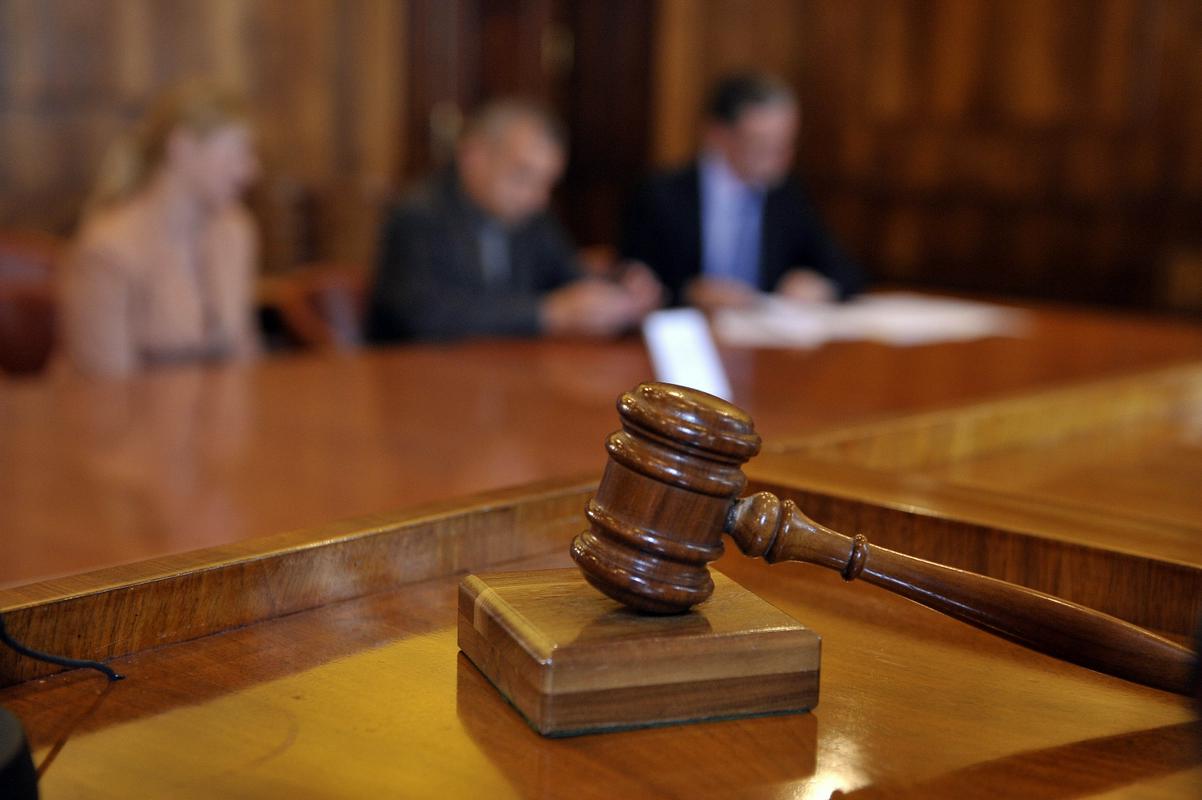
The occasion is an opportunity for the judicial system to critically asses itself. The justice system, and especially the judiciary, demands to be trusted and respected. It is clear that it will have to earn that trust and respect on its own. But the path to achieving that is very winding and is moving nowhere.
The long court procedures are not the main problem – at least not everywhere. The problem is in the content of the rulings. The public is finding it difficult to accept the fact that big cases are being dropped, that only a handful of bankers - responsible for the big bank losses - are behind bars, that judges still haven't ruled in any healthcare corruption cases, that some first spend several years in prison only to find out later that they were held unlawfully. And nothing ever happens to others: even after the news of spectacular house searches where even bird houses are being searched and indictments start raining. It is hard to accept how difficult it is to put some people behind bars, while others get away with only doing socially beneficial work.
Despite all that the judiciary demands to be respected. And it does not accept criticism, although it is sometimes legitimate.
And what about the lessons it receives from the Constitutional Court? Or even from Strasbourg? Slovenia is indeed no longer a systemic violator of human rights. But here and there we still pay damages due to errors in court proceedings. The last report from the Supreme Court could also be labeled as indecent – although it was later withdrawn because it was allegedly written clumsily and sent out by mistake. But it is not only the PR office that should be held accountable for that. A fish always rots from the head down.
Will the judiciary's curve start rising again as it marks its 100th anniversary. That only depends on itself.

































































